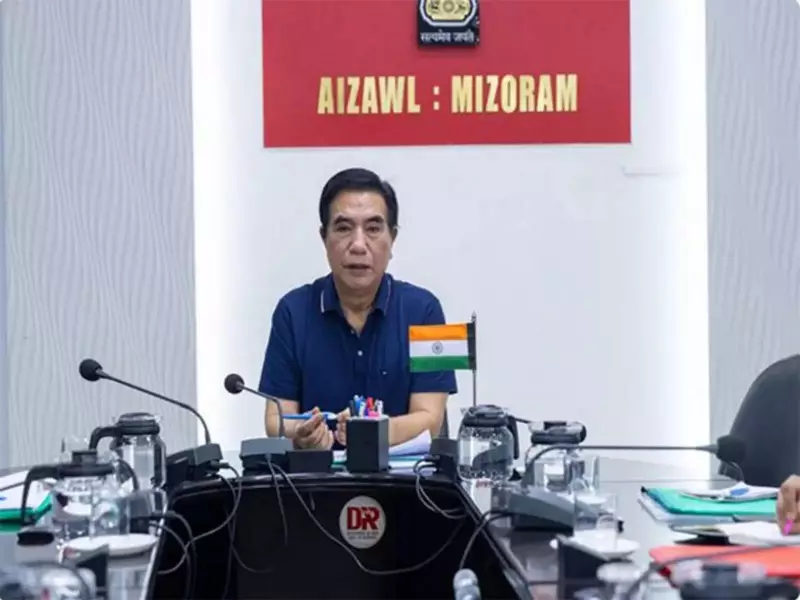
In a significant move that's set to reshape the state's demographic landscape, the Mizoram government has announced a comprehensive eviction drive targeting illegal immigrants and non-tribals occupying protected forest areas. The decision comes as part of the state's intensified efforts to preserve indigenous lands and maintain ecological balance.
Government's Firm Stance on Land Protection
Chief Minister Lalduhawma made the announcement during a high-level meeting in Aizawl, emphasizing the government's commitment to protecting the state's forest resources and tribal territories. "We cannot compromise when it comes to protecting our ancestral lands and forests," the CM stated, highlighting the urgency of the situation.
Key Focus Areas of the Eviction Drive
- Identification of illegal settlements in protected forest zones
- Removal of non-tribals occupying government land without authorization
- Systematic verification of land ownership documents
- Rehabilitation measures for eligible displaced persons
The eviction process will be conducted in phases, with priority given to areas where environmental degradation has been most severe. Government officials have been directed to ensure the operation follows all legal protocols while maintaining humanitarian considerations.
Broader Implications for State Security
This initiative represents more than just a land reclamation project—it addresses longstanding concerns about illegal immigration and its impact on local resources. The state administration has coordinated with local authorities to develop a transparent framework for implementation, aiming to balance enforcement with social responsibility.
Security forces have been put on alert to maintain law and order during the eviction process, with special attention to preventing any communal tensions. The government has assured that genuine residents with proper documentation have nothing to fear from the drive.
Looking Ahead: Sustainable Solutions
Beyond the immediate eviction measures, the Mizoram government is working on long-term strategies to prevent future encroachments. This includes strengthening border surveillance, improving land record digitization, and creating awareness about legal settlement procedures.
The move has received mixed reactions from various stakeholders, with indigenous groups largely supporting the action while human rights organizations call for careful handling of potentially affected families. As Mizoram moves forward with this ambitious plan, all eyes will be on how the state balances ecological conservation with humanitarian concerns.






